 For years, many American towns
For years, many American towns have accommodated citizens who underestimate children’s ability to understand risk, who overestimate the danger in something like monkey bars and who suspect trial lawyers lurk in every playground hedge.
As recently as 2019, a family won a $170,000 settlement because their daughter broke her arm falling off the school playground slide.
Why the award?
Because the slide's incline was “too steep" at 35%, albeit well within the standard 30-45%.
One school got rid of all swings, having declared them as “the most unsafe of … playground equipment."
Apparently, they’d already gotten rid of the merry-go-rounds, see-saws, and monkey bars.
Well, in Europe there’s a movement to reclaim risk in playgrounds.
Horrors!
There’s a
reason they are doing this: It goes back to 2004. Research then found that "children who had improved their motor skills in playgrounds at an early age were less likely to suffer accidents as they got older."
The headline of a recent article on this proclaims: “
German Insurance Companies Demand Perilous Playgrounds ….”
So, what does this have to do with the workplace?
How much social or intellectual risk are we willing to accept in the office?
How much is any decision we make influenced by the risk of offending one group or another.
I am not talking about discarding safe building and fire codes; I am talking about the risk of speaking up instead of sitting mum when the boss has a bad idea or when, in my case, library clients and staff – even publishers and scholarly societies, actively censor opposing views.
In
my most recent blog, I refer to my asking a colleague newly returned from a training workshop “Were you challenged?”
What I meant to ask was, Did you question some of your preset ideas?
Did you change your thinking or was everything you believed simply corroborated?
Was your comfort level made uneasy?
Well, of course not!
The workshop was deliberately designed to be “safe”, to be risk free.
Contrarian ideas were eschewed right at the start. Who wants to be ostracized for heretical views?
There’s not much physical risk in most offices, but there is a different kind of risk versus climbing a tree.
It’s the intellectual risk of going against the established “canon”, the risk of alienating peers by taking the opposing view, the risk of using common sense instead of what is deemed safe and correct.
And, there’s the
bizarre - for too many - notion, on some campuses and in some corporations, that people can be trusted to do what is right; they do not need guidance or coercion; they will opt to do what is best.
 Caption: Me, on a DITW, struggling to the top!.
Caption: Me, on a DITW, struggling to the top!.
Back in my management days, I often promoted and participated in “
Days in the Woods” (DITWs).
These excursions were in pursuit of something similar to what those German insurance companies want: risk competence.
As they say, “If we want children to be prepared for risk, we need to allow them to come into contact with risk.”
Well, the same can be said for adults.
The DITWs were voluntary adventures outside of the office: rock climbing, high ropes, orienteering, river rafting, etc.
Over two years, about 20% of the staff attended - mostly from those units I supervised; some said “No way!” and thought these were inappropriate for office workers.
A few of us
reasoned that taking workers out of the usual environment would result in
1. A gain in the individual’s appreciation of his or her strengths through overcoming (or, let’s be frank, failing at) seemingly daunting challenges and
2. The formation of trusting relationships among participants – call it genuine team building - and new, positive, ways of looking at and relating to colleagues.
There is a third outcome: a personal awareness of Nature’s potential for consolation; the forest and river as a place for solace and calm.
There was “perceived risk” in these DITWs – scaling a 50-foot rock outcropping with a rope – however safely secured – is scary for most of us.
In recognition of (and appreciation of) the risk, everyone signed off on a liability waiver agreeing not to sue the organization should they be injured.
Obviously, these waivers did not exempt the organization from doing all it could do to minimize real risk.
Some in the administration -my higher- ups - thought less of the risk to individuals than they believed that this was a waste of precious work time.
Naturally, I was taking a professional risk simply by promoting this type of activity.
What the nay-sayers failed to understand was that just like in those “perilous playgrounds” this was a chance to “recognize (assess) and mititgate risk” to achieve some level of risk competence. Remember that in this organization, like so many others, risk was something to be avoided.
An overly “safe” environment results in tame workers, ones reluctant to protest poor decisions made by the ruling class or to even try new ways of doing something.
Is there a a culprit for overly safe organizations?
HR plays a prominent sanitation role. They are much about risk mitigation – just like those who want to remove dangerous playground equipment, they are ever ready to anticipate what might be, invariably, the worst case.
And, instead of the lurking trial lawyer, for HR it’s the labor lawyer who is looking to sue organizations for un-safe or un-diverse or un-woke working environments.
Yes, safety first always, but with knowledge that risk when understood and dealt with is something that helps us grow.
------------------
 20% off Through December 31 2021
20% off Through December 31 2021
No supply-chain issues here! My books are all American, so when you buy my latest book of workplace fables you can expect speedy delivery. Something to keep in mind as the gift giving season arrives.
And, of course, there's no memory chip shortages for printed books :))

And, don’t forget my book on democratic workplaces,
Leading from the Middle
© Copyright text and photo by John Lubans 2021

















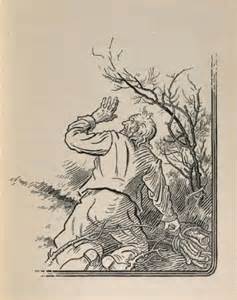











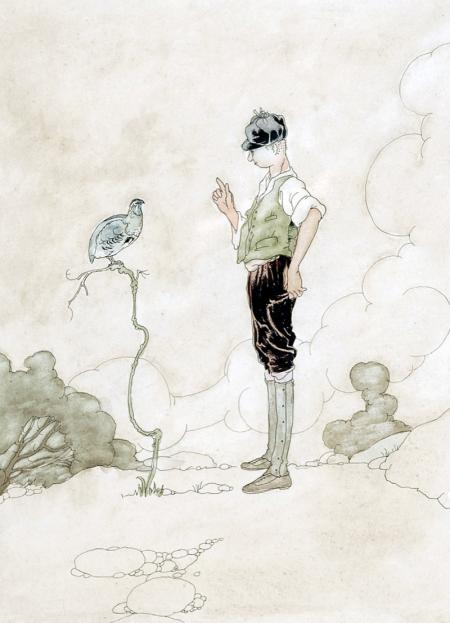






















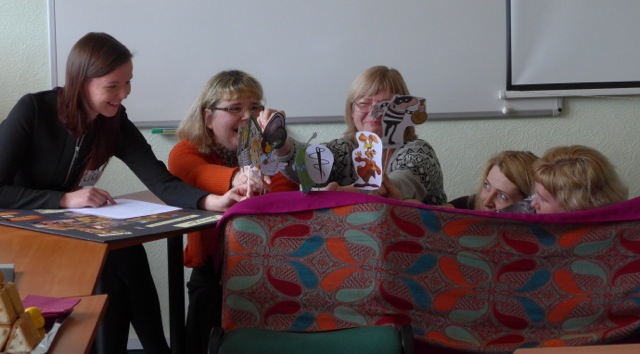
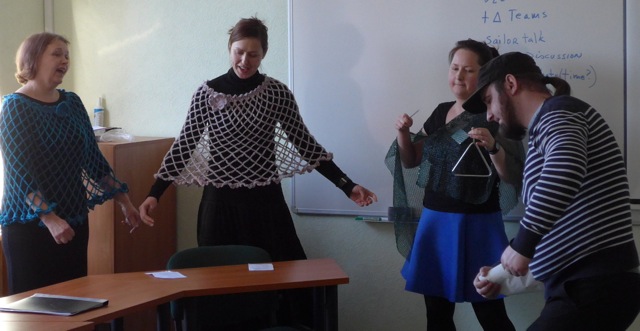
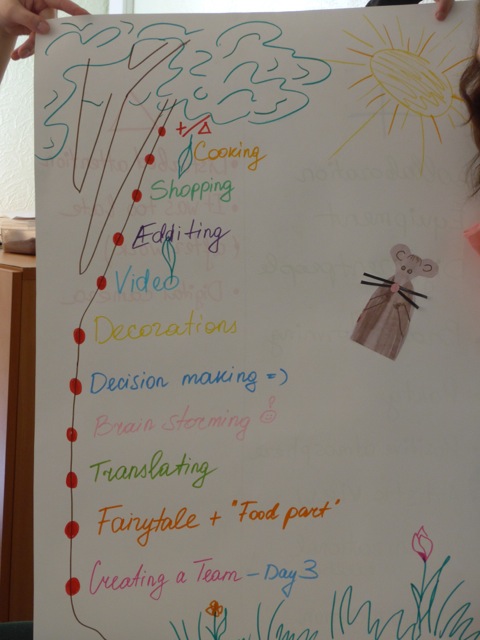








 John Lubans - portrait by WSJ
John Lubans - portrait by WSJ